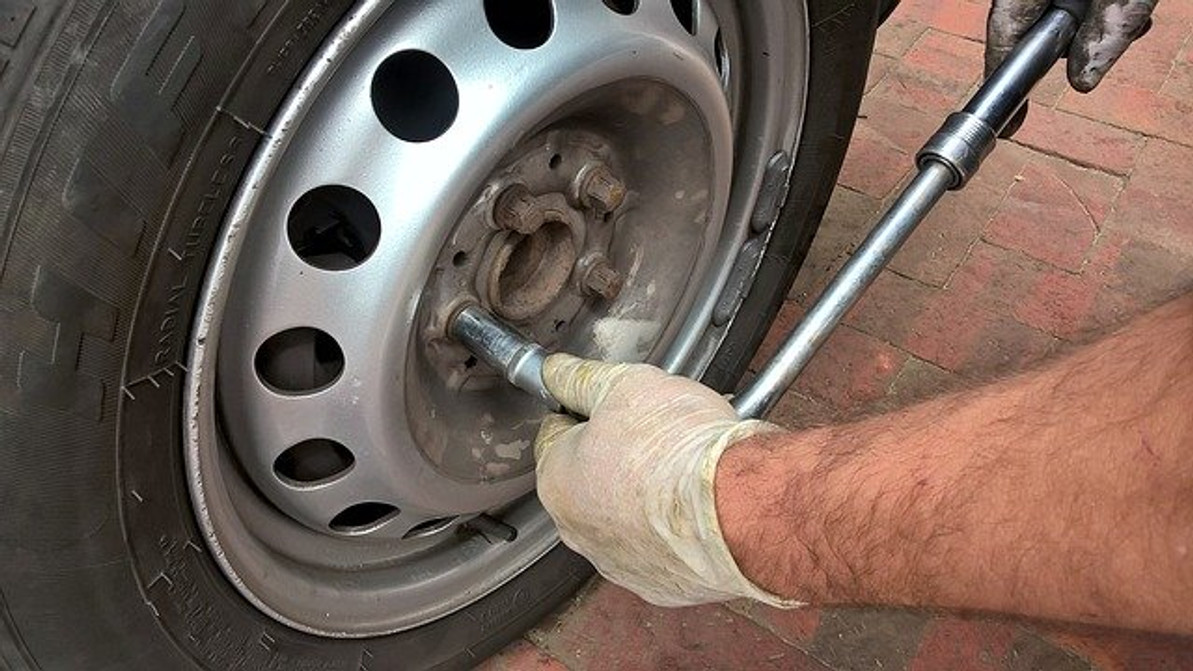How to Protect Against Tire Blowouts When Driving
Tire blowouts are a leading cause of injury among motorists. According to data by the National Highway Traffic Safety Administration (NHTSA), they are responsible for nearly 80,000 accidents each year in the United States. When a tire blowout occurs, you may lose control of your vehicle. As a result, you may end up in a collision. So, what steps can you take to protect against tire blowouts when driving?
Maintain PSI
Maintaining the correct pounds per square inch (PSI) of air pressure will lower the risk of tire blowouts. Tires are inflated with either air or gas. For a safe driving experience, though, they must be filled with a specific amount of air or gas, which is defined by the tire's PSI rating. If your tires are under-inflated or over-inflated, the risk of a blowout will increase. Therefore, you should check the manufacturer's PSI rating to inflate them with the correct amount of air or gas.
Inspect for Leaks
Try to get into the habit of checking your tires for leaks on a regular basis. Before stepping into the driver's seat, walk around the side of your vehicle to inspect the tires. If a tire is leaking, you should be able to hear it. As the air or gas leaks from the tire, it will create a distinct "hissing" sound. Don't drive your vehicle if you discover a leak. Instead, either patch the leak or replace the tire so that it doesn't cause a blowout.
Avoid Dirt and Gravel Roads
If possible, avoid driving on dirt and gravel roads. Instead, choose routes that consist entirely of paved roads. Dirt and gravel roads are more likely to cause a tire blowout. Driving on them will expose your vehicle's tires to small rocks and other hard debris. Of course, it only takes a single small and sharp rock to puncture a tire. Once punctured, the blown tire may cause you to lose control of your vehicle. By driving on paved roads, you'll be better protected against tire blowouts.
Replace Worn Tires
Your vehicle's tires won't last forever. Most tires have a lifespan of about six to 10 years. Driving, of course, will wear down the tread on your tires. The longer you drive on a set of tires, the less tread they'll have. Eventually, your tires won't have enough tread to provide a safe driving experience. The lack of tread will, instead, pose the risk of a blowout.
Recent Posts
-
Fire Safety in the Workplace: What You Need to Know
What steps are you taking to prevent fires in your workplace? According to the U.S. Occupational Saf …Aug 23rd 2023 -
Is It Safe to Go Jogging With a Cold Infection?
If you're suffering from a cold infection, you might be wondering whether it's safe to go jogging. T …Aug 22nd 2023 -
5 Safety Tips to Follow When Using a Powder-Actuated Tool
Powder-actuated tools are commonly used to join materials to steel and concrete. Also known as Hilti …Aug 20th 2023




